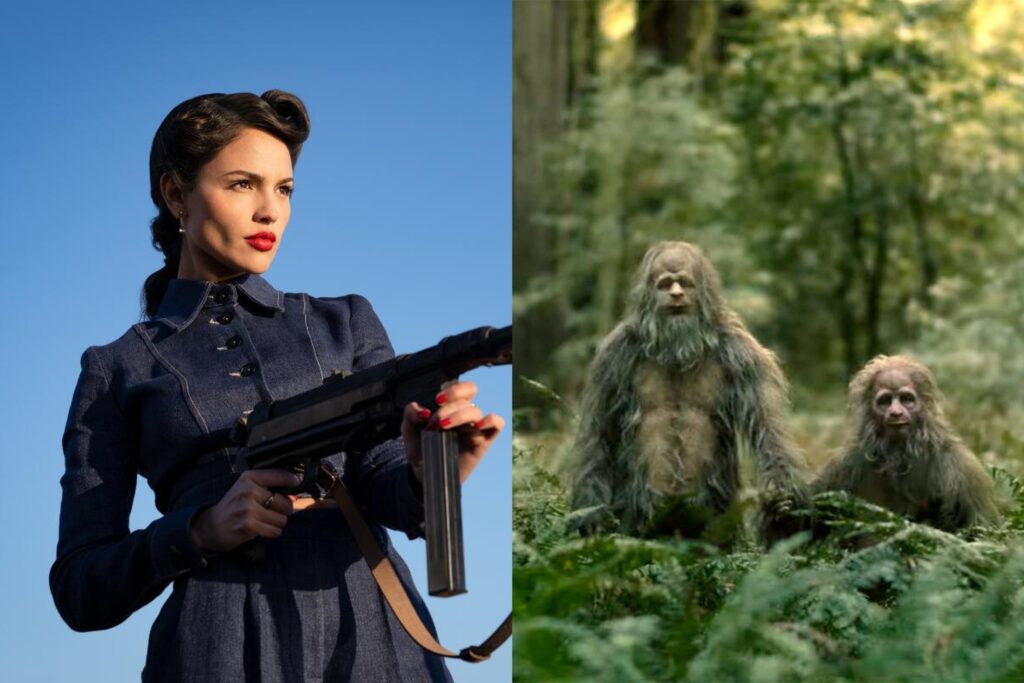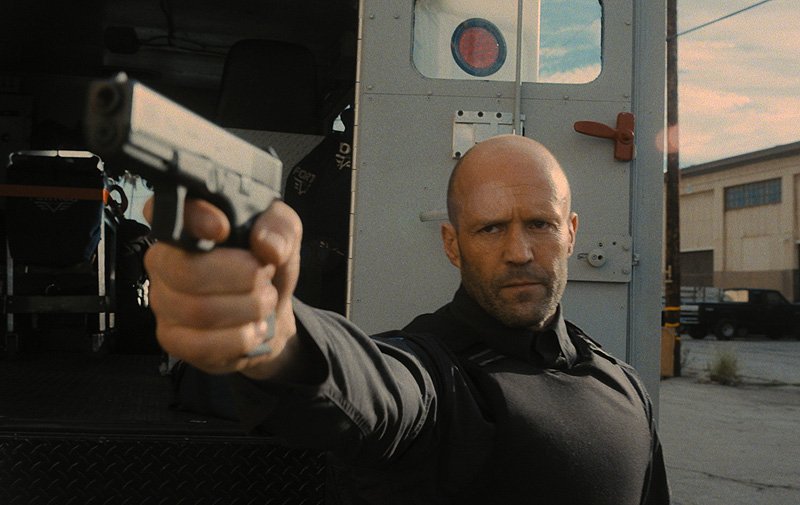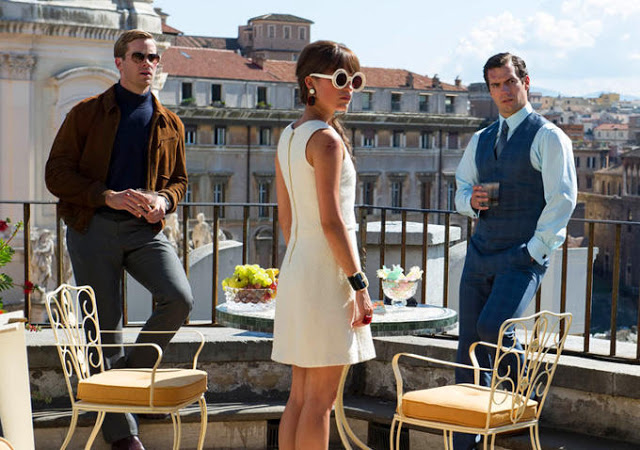Sasquatch Sunset, Ungentlemanly Warfare, and the Risk of Originality

When it comes to intellectual property, cinema doesn’t operate in absolutes. There are great superhero movies and also terrible ones; there are great original movies and also terrible ones. Still, the franchise boom of the 2010s created an uneven playing field that lent a certain luster to smaller-scale films which weren’t rooted in comic books or young-adult literature. In fact, the continued survival of these types of pictures is what makes me confident that the medium isn’t on the verge of collapsing, despite the constant industry doomsaying about A.I. or tax write-offs or Netflix giving Zack Snyder a billion dollars to make seven different versions of an off-brand Star Wars rather than releasing any of its #content in theaters. The movies have been at death’s door ever since their birth over 100 years ago. They just never seem to die.
Currently, with the Marvel Cinematic Universe dwindling in dominance and audiences rewarding more ambitious storytelling like last year’s #Barbenheimer phenomenon, there seems to be an opportunity for studios to pivot away from the IP craze and toward more original movies. But again, the mere fact of a film’s putative originality doesn’t necessarily mean it’s, y’know… good. This past weekend featured two new releases that don’t feature masked heroes, magic wands, or talking animals. At last, real movies for adults! Except, well, suffice it to say that both have their flaws. Read More


